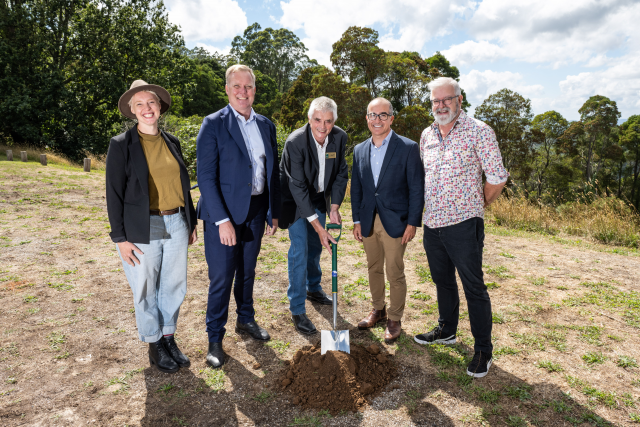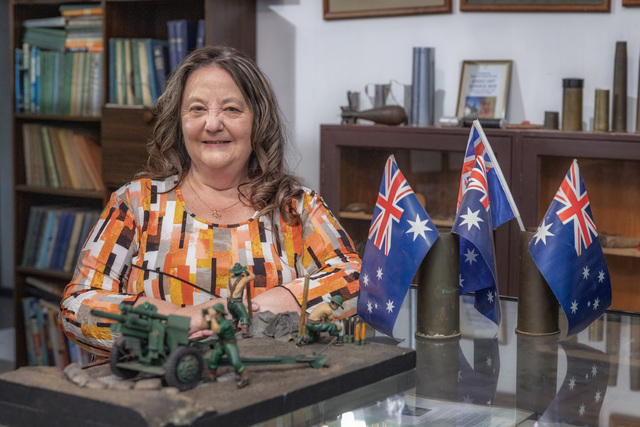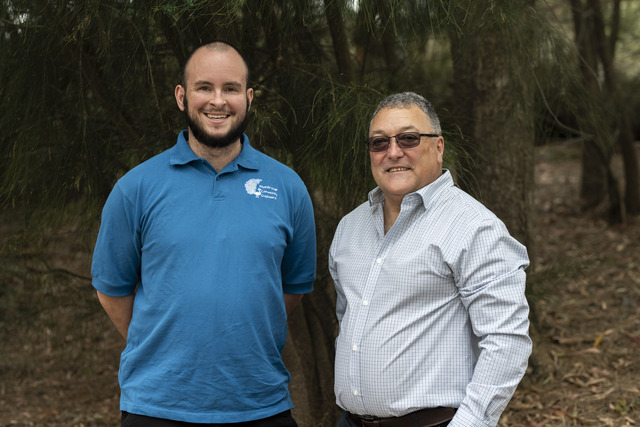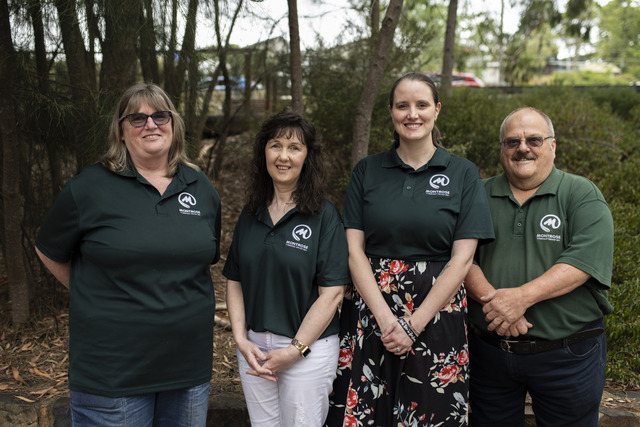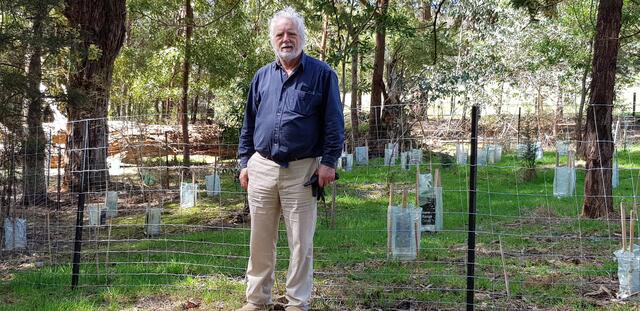Beyond Blue data has revealed one in five people’s mental health is being extremely impacted by the rising cost of living.
A new community survey commissioned by Beyond Blue found financial pressures are the number one stressor for people as they head towards the end of the year.
Beyond Blue’s Clinical Spokesperson Dr Grant Blashki said Beyond Blue is prepared for increased demand for its support service this month.
“Last December, we saw a 41 per cent increase on the monthly average in contacts to the Beyond Blue Support Service, and we expect the same, if not more, this year,” he said.
The survey found:
The overwhelming majority (77 per cent) say they feel stressed heading into the end of the year – almost a third feel “quite a bit” or “extremely” stressed.
83 per cent report the rising cost of living is negatively impacting their mental health, with one in five respondents reporting that the impact is extreme.
People aged 18 – 49 were more likely to report the cost of living was having a negative impact on their mental health.
Almost a third of all respondents say they are unlikely to put a plan in place to manage their mental health.
Dr Blashki said It’s been a tough year as people grapple with cost-of-living pressures, high inflation, continual rate rises, and economic uncertainty.
“As the holiday season approaches, financial stress is having a significant impact on people’s mental health, it’s a time of great reflection, loneliness for some, and impossible financial expectations for others, such as buying presents or travelling to see family,” he said.
“Family events can also be a mixed blessing, beautiful celebration for some and a source of great stress and even conflict for others.”
Barefoot Investor Scott Pape spoke recently at a webinar presented by Beyond Blue to discuss ways people can manage their current financial stress.
“The gift I want people to give themselves this Christmas is to have a sense of confidence and control around their money,” said Mr Pape.
“You achieve that by tuning out of the financial doom and gloom, and tuning into the things you can control, and those small steps are what builds your confidence,” he said.
Dr Blashki said that the latest survey shows under a third of people are unlikely to put a plan in place to manage their mental health and wellbeing when things get stressful. .
“What science tells us about looking after your wellbeing is that small regular actions, such as exercise or meditation, can be very effective. Getting into these good daily habits gradually improves your mental wellbeing, adds up over time and is more effective than trying to make one big dramatic change that is often unsustainable,” he said/
“We have developed a new Wellbeing Action Tool to help people identify ways that work for them.”
Melbourne woman Megan Barrow has lived experience of depression, PTSD, and anxiety, including agoraphobia, and helped design the tool.
Ms Barrow said knowing what uniquely works for her and planning ahead makes a big difference when navigating busy and stressful periods.
“There is a lot of social pressure in the lead up to the holiday season. Then the period after Christmas I can feel very lonely. This time of year takes a little more out of me and can be challenging,” she said.
“When I had agoraphobia well-meaning advice like ‘go for a walk’ wouldn’t have worked for me. So, I map out things that personally help me. When it gets tough, I can remind myself what to do. It takes the pressure off.”
Beyond Blue’s free Wellbeing Action Tool is available here
*The Ipsos Community Sentiment Poll surveyed a representative sample of 1,000 people in November.
Beyond Blue Support Service: 1300 22 4636 or beyondblue.org.au/getsupport


